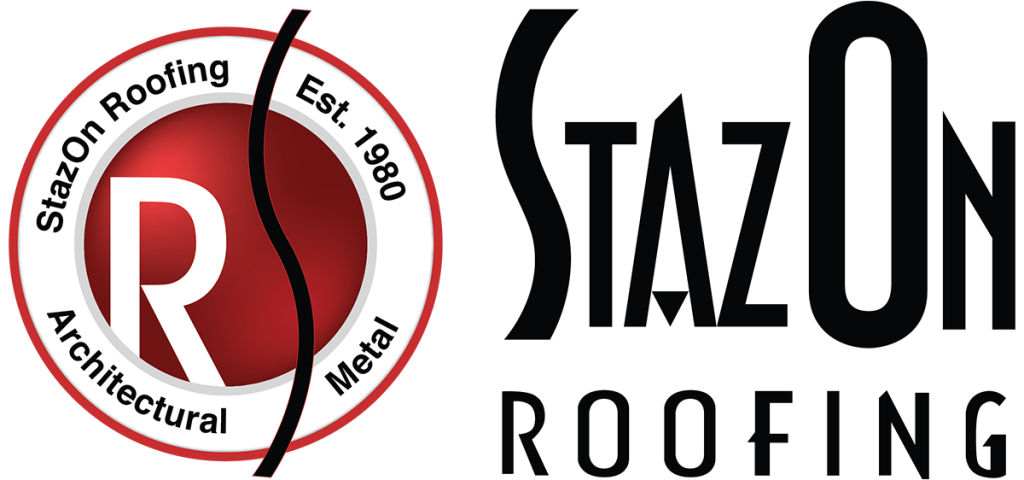10 Ways to Make Your Roof Add to Energy Efficiency
10 Ways to Make Your Roof Add to Energy Efficiency
- Install Cool Roofs: Use reflective materials to reduce heat absorption.
- Improve Ventilation: Ensure proper attic airflow to reduce heat buildup.
- Use Insulated Underlayment: Add layers to improve thermal resistance.
- Apply Reflective Coatings: Enhance existing roofs with heat-deflecting coatings.
- Install Skylights: Use energy-efficient models to reduce lighting needs.
- Seal Air Leaks: Prevent heat loss around vents and chimneys.
- Consider Green Roofs: Vegetated roofs provide natural insulation.
- Upgrade to Metal Roofing: Durable and reflective for energy savings.
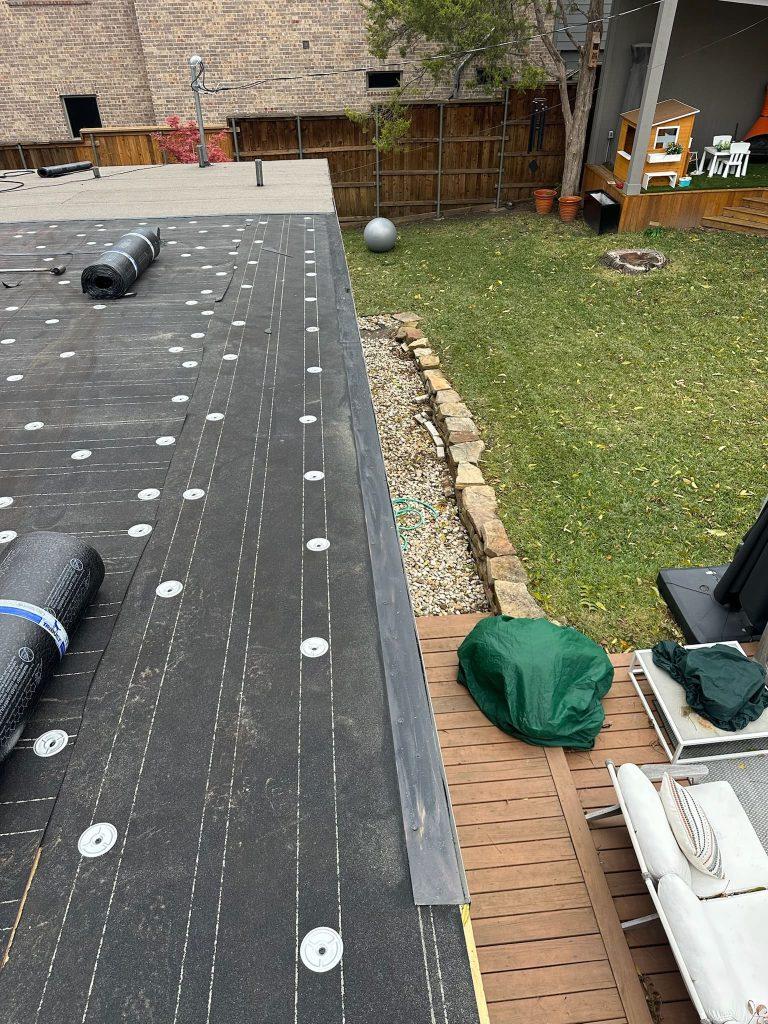
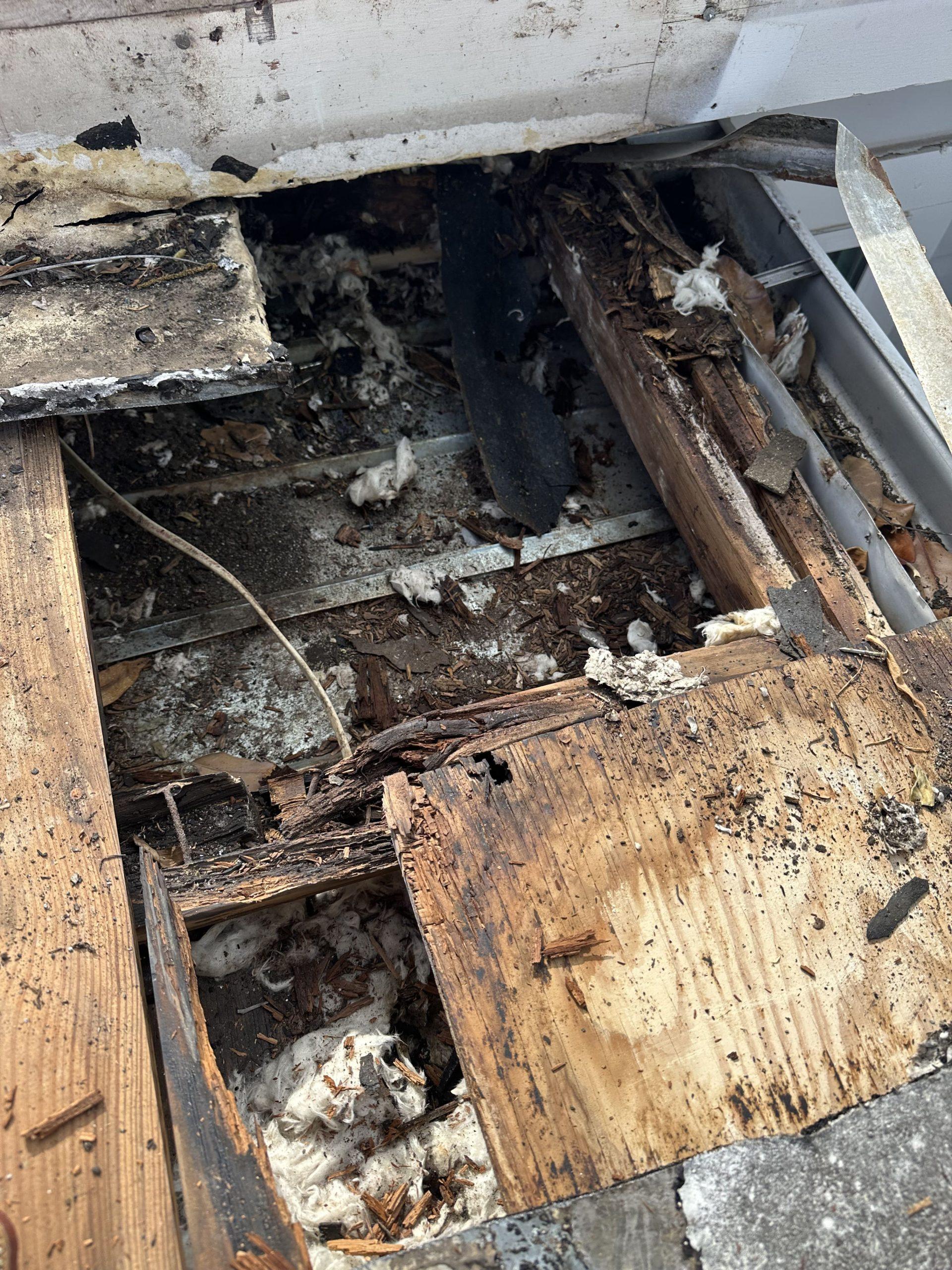
10 Common Roofing Mistakes to Avoid
- Skipping Inspections: Neglecting regular checks leads to unnoticed damage.
- DIY Repairs: Amateur fixes often worsen roof issues.
- Ignoring Ventilation: Poor airflow causes heat and moisture problems.
- Choosing Cheap Materials: Low-quality products fail faster.
- Neglecting Gutters: Clogged gutters cause water damage to roofs.
- Overlooking Flashing: Poorly installed flashing leads to leaks.
- Delaying Repairs: Small issues grow into costly problems.
- Mismatched Shingles: Inconsistent repairs affect appearance and function.
- Ignoring Warranty Terms: Failing to follow maintenance voids coverage.
10 Benefits of Metal Roofing for Homes
- Durability: Lasts 40–70 years with minimal maintenance.
- Weather Resistance: Withstands high winds, hail, and heavy rain.
- Fire Resistance: Non-combustible material enhances safety.
- Low Maintenance: Requires less upkeep than asphalt or tile.
- Aesthetic Variety: Available in various styles and colors.
- Increased Home Value: Durable roofs boost resale appeal.
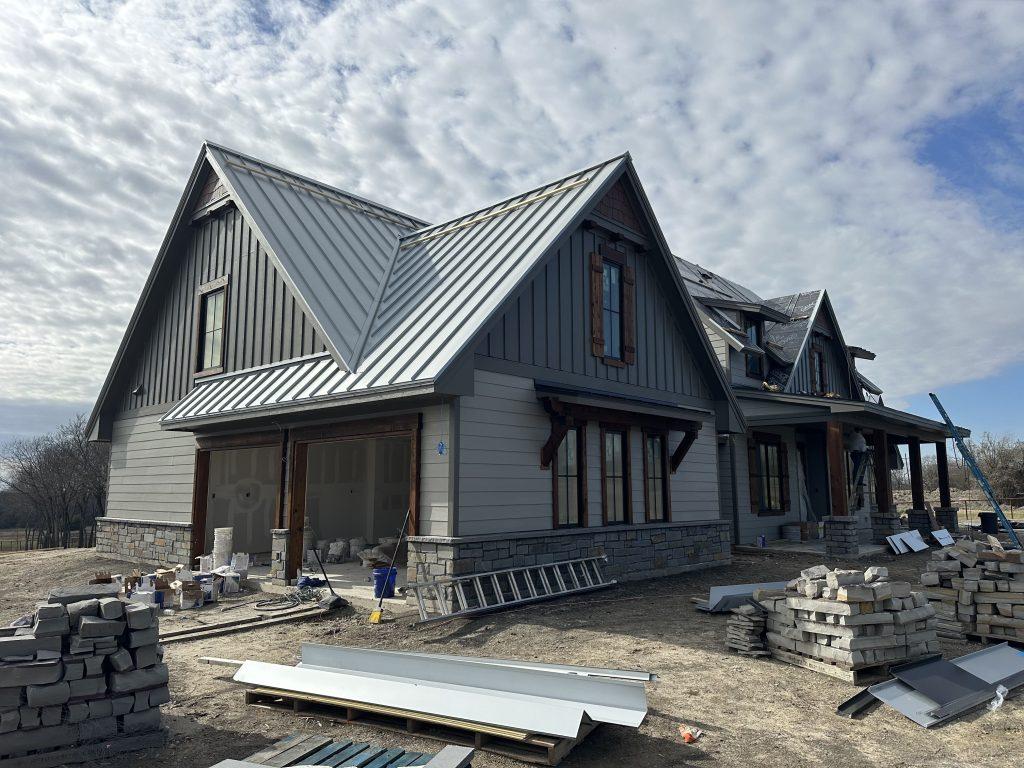
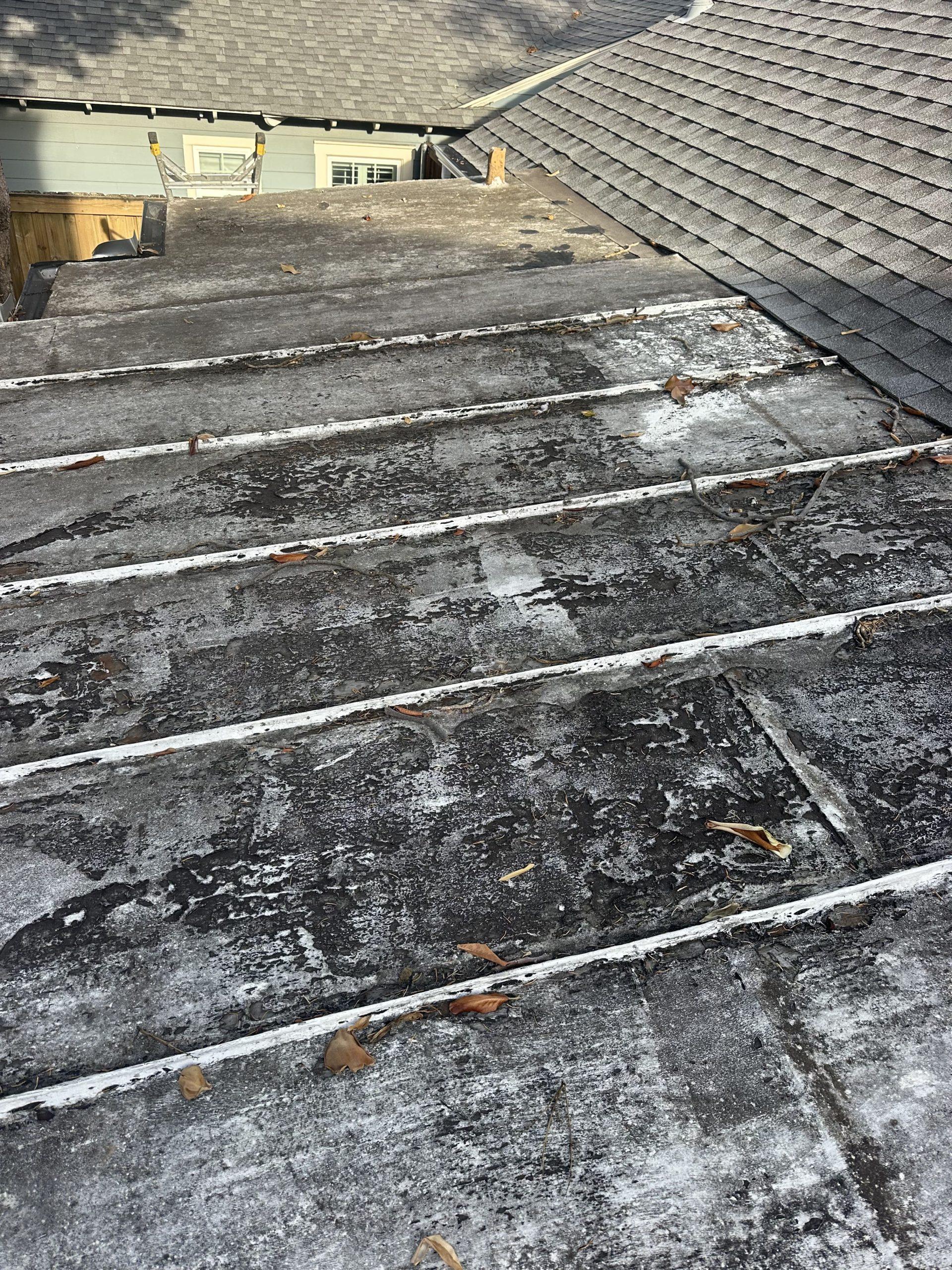
10 Ways to Prepare Your Roof for Storm Season
- Inspect for Damage: Check for loose or missing shingles before storms.
- Clean Gutters: Ensure proper drainage to avoid water backup.
- Secure Flashing: Reinforce seals around vents and chimneys.
- Trim Trees: Remove branches that could fall on your roof.
- Check Attic: Look for leaks or weak spots in the roof deck.
- Reinforce Fasteners: Ensure shingles and tiles are securely fastened.
- Install Impact-Resistant Materials: Upgrade to storm-ready shingles.
- Clear Debris: Remove leaves and twigs that could clog drainage.
- Verify Ventilation: Ensure attic airflow to prevent moisture issues.
- Schedule a Professional Inspection: Hire a roofer for a thorough check.
